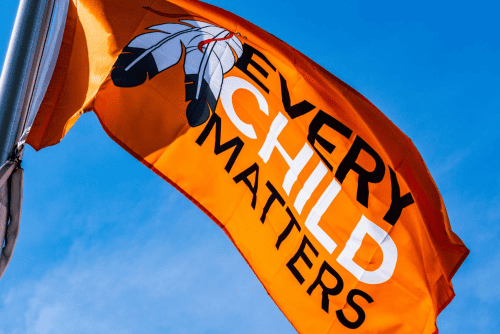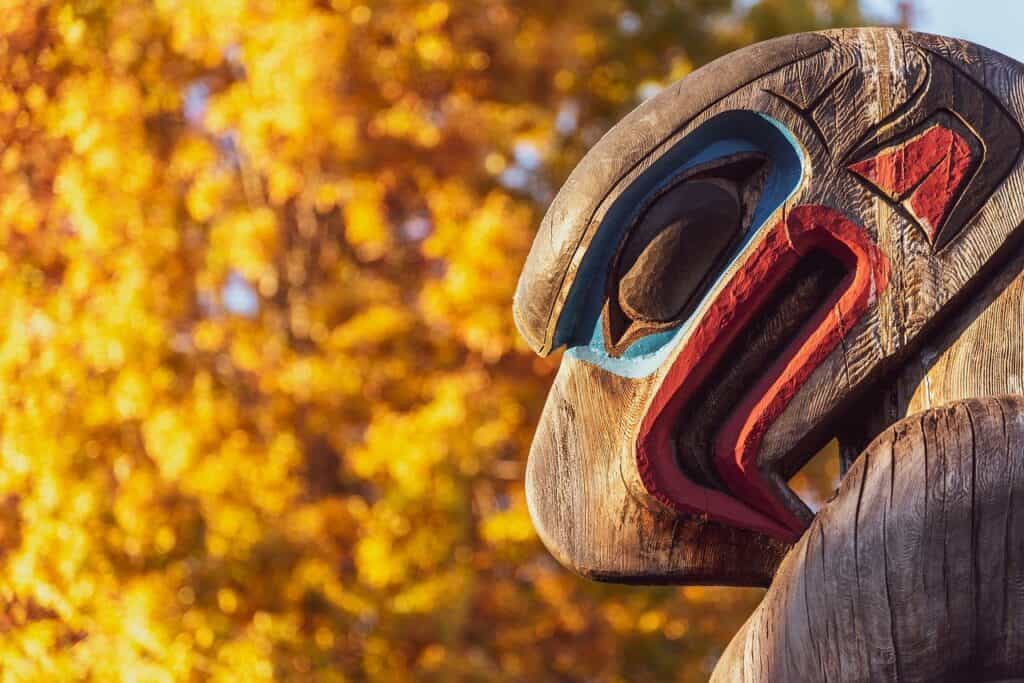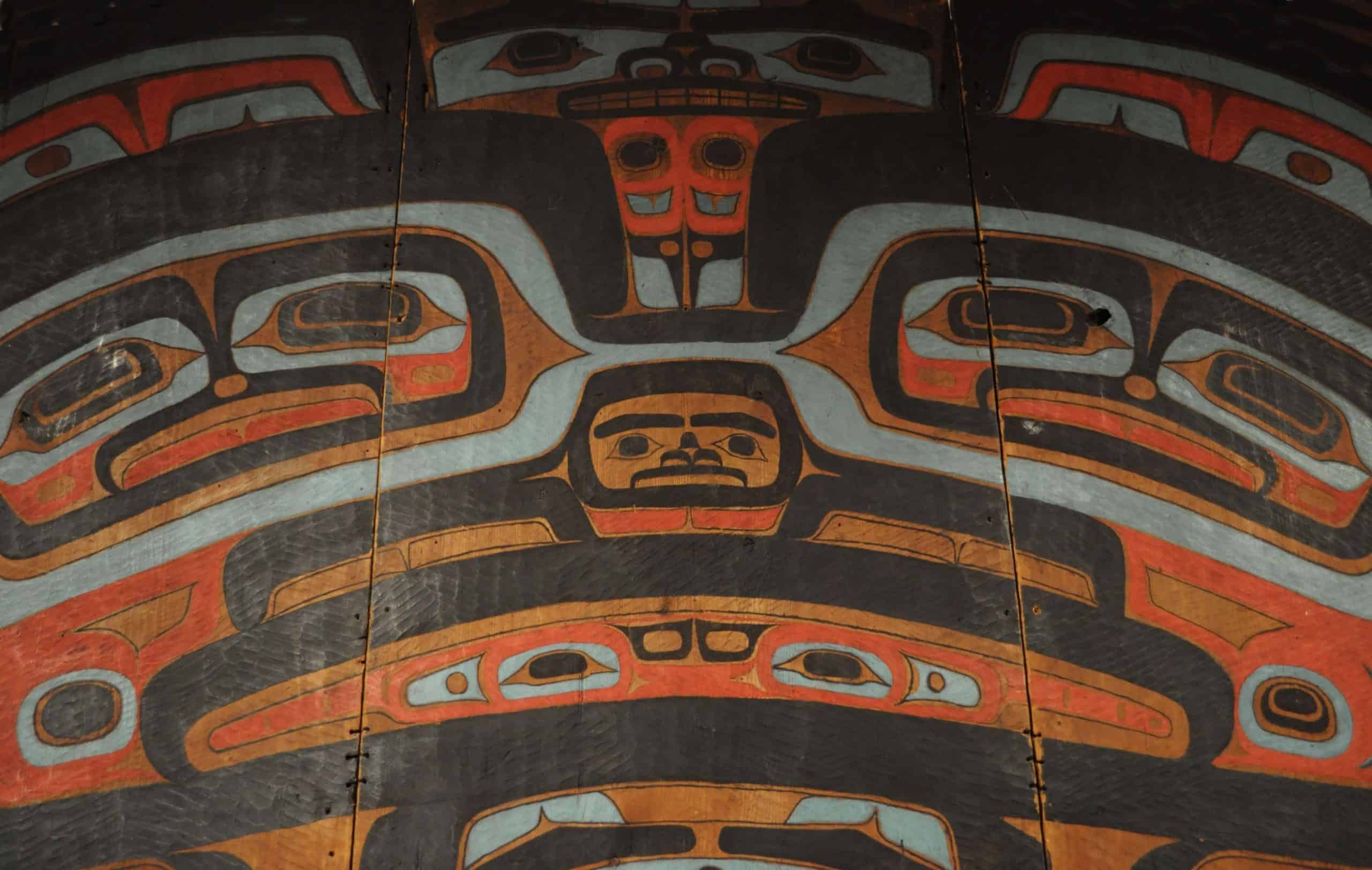
Services

Continuing Education
The IRG provides adult education in reconciliation for allies to build knowledge and skills to lead to action.
In-person adult education
The IRG provides the highly successful in-person Indigenous Cultural Competence 1-day and 2-day courses, along with adaptations.
The adult education experience supports learners in their cultural competence lifelong journey, and raises opportunities to contribute to reconciliation. Topics include an overview of Indigenous Canada, cultural competence or capacity, history of Canada including residential schools and the potential of intergenerational trauma, resilience of Indigenous communities, role of ally, challenging racism, and the opportunities to contribute to reconciliation. Based in mainstream and Indigenous knowledges of adult education theory and practice, and led by Certified ICC Facilitators, participants will learn from the expert facilitators as well as learn from and teach other through discussion and interaction. The evidenced-based curriculum uses experiential and reflective learning approaches to cultural competence and safety, while upholding a strength-based perspective.
Online continuing education
The IRG’s flagship course is the Indigenous Cultural Competence and Humility course. This is one of the courses availlable in an asynchronous format for individual and group purchasing. Online courses are built in Articulate Rise 360 through Learndash, state of the art software with the most interaction and varied materials as possible.
Why build skills for reconciliation?
Truth and Reconciliation Commissioner Murray Sinclair has noted that “Reconciliation is about forging and maintaining respectful relationships. There are no shortcuts.” Continuing education curriculum is designed to support effective relationships, with the image of gathering around the fire to get to know each other, by first knowing our shared history on this land – a story of hundreds and hundreds of years. The online format does create some barriers to achieving this goal, and the in-person format is the preferred format.
The history of Canada has at times been hidden, from the original intent and long-term outcomes of the Indian Residential Schools, to the broken agreements and treaties between governments and Indigenous communities, to the ongoing struggles over competing definitions of Indigenous identity. This is the history of Canada, and when it remains hidden, it’s too easy for some to blame Indigenous for their struggles. When the facts of history are uncovered, and in safety people ask questions to learn more, then we start to build real relationship based in truth.
Once we share truth, we can start to consider reconciliation. The Calls to Action from the Truth and Reconciliation Commission, along with the United Nations Declaration on the Rights of Indigenous Peoples both set out some markers on the journey. But with any journey, it starts with one step. Many Canadians are considering what is their first step? What can I do to contribute? How can I make a difference?
This is the Indigenous Cultural Competence experience – a safe place to remember the past so we know where we are today, so that we can honestly and thoughtfully think about where we want to go in the future. An adult learning experience about your influence and potential to contribute, in supportive and strength-based discussions with others who share your passion to learn more, to do better.

Speaking Engagements
Rose LeMay is an accomplished speaker with with expertise in Indigenous inclusion and anti-racism, Indigenous mental health, and reconciliation. She has addressed and motivated groups including the International Initiative for Mental Health Leadership, BC Ministry of Indigenous Relations and Reconciliation, and the BC School Trustees Association. She opened Canada’s premier DEI event in 2022, the Catalyst Awards Event. Please reach out to the National Speakers Bureau to book Rose for your next event.

Change Management
Certified by Prosci Canada in change management process and best/wise practice, Rose can help your organization build on the strengths of your people. Change management is the art and science of bringing all of your people along with you as the lead for the organization – change is all about the people. Change management works hand in hand with project management – the art and science of implementing a project. Together with strong champions and leaders, the three aspects of successful change occur.

Coaching and Management Support for Reconciliation
With experience in government funding, non-profit and for-profit governance and change management, the IRG has supported numerous organizations to undertake work to uphold reconciliation. Where do you start? What are the best practices for senior leaders in this organizational journey of reconciliation? How can you sequence work to show progress while ensuring employee buy-in? What are the potential cross-over points between reconciliation and DEI? What are other organizations doing to build sustainable and reciprocal relationships with Indigenous communities?
Short-term support for your long term commitment and action for reconciliation.
